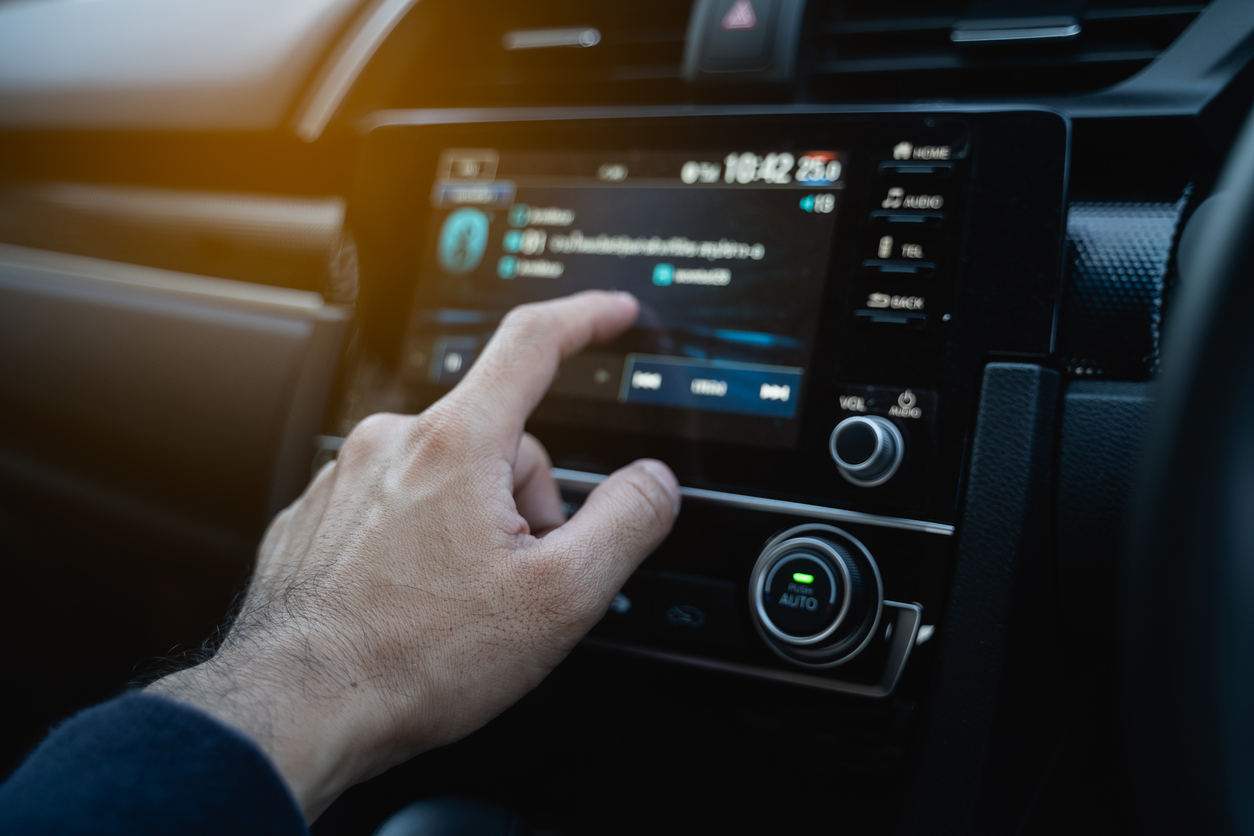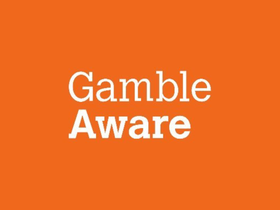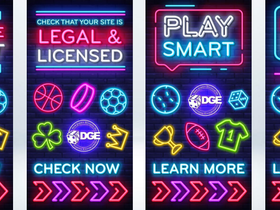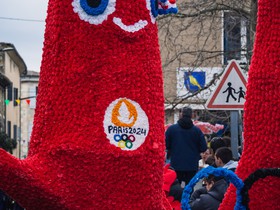Among the respondents, 1.4% reported that they had thought of having a problem with, being dependent on, or being addicted to gambling, and 0.6% reported that they had ever sought treatment for a gambling problem.
A state-sponsored survey shows less than 40% of adults in Indiana remember seeing or hearing about the state’s Problem Gambling Hotline, but respondents who do remember seeing or hearing about the hotline did so through a wide range of media.
The survey, Adult Gambling Behaviors in Indiana – 2022, found that approximately 38.8% of respondents were aware of 1-800-9-WITH-IT (1-800-994-8448), a hotline run by the state Division of Mental Health and Addictions (DHMA).
Results of the 47-page survey, which was commissioned by DHMA and conducted by Prevention Insights at the Indiana University (IU) School of Public Health, were released this month.
According to IU researchers Mikyoung Jun, Mary Lay, Desiree Reynolds, and Junghun Lee, an awareness rate of 38.8% among Indiana adults translates to just under 2 million people — out of a total population of about 6.8 million, according to US Census data not included as part of the survey.
But it’s also possible that as many as 43.4% of respondents — or as few as 34.3% — were familiar with the Indiana Problem Gambling Hotline.
Respondents saw or heard information about the hotline from various sources, but the most popular method by far was television, with 26.7%. Radio was the second most popular source at 16.2%, followed by lottery tickets (10.7%), casinos (9.7%), billboards (9.5%), social media (4.1%), and the internet (3.6%).
Smaller sources were YouTube (2.8%), newspapers (0.9%), and the website for the Indiana Problem Gambling Hotline (0.4%). Additionally, 15.3% of respondents said they heard about the hotline from “other” sources.
By IU researchers ' estimates, more than half of a million Hoosiers have likely seen advertising for the hotline on television. Another 330,000 or so have also heard about the hotline over the radio.
The survey also provided some insight into whether respondents believed that they personally had a gambling problem.
“Among the respondents, 1.4% reported that they had thought of having a problem with, being dependent on, or being addicted to gambling, and 0.6% reported that they had ever sought treatment for a gambling problem,” the IU researchers wrote. They added that “respondents who were categorized into severe problem gambling were more likely to report that they had thoughts that they had a gambling problem.”
That translates to roughly 72,580 people who may have thought they had a gambling problem and 32,202 people who sought treatment.
IU researchers also found that:
- Approximately 89.3% of Indiana adults reported participating in at least one gambling activity within the past year
- Of those who gambled, 37.1% did so via online gaming
- The typical sports bettor in Indiana is a male aged 35 to 54 years
The survey was based on a random address-based sample of 5,400 households in Indiana prepared by the Center for Survey Research at Indiana University. Data were collected between November and December 2022. A total of 855 surveys were completed, with 596 done online and 259 on paper.
Researchers ultimately decided to use 854 cases in their final analysis. According to the researchers, one case was removed “due to implausible and inconsistent responses that suggested low-quality data.”



